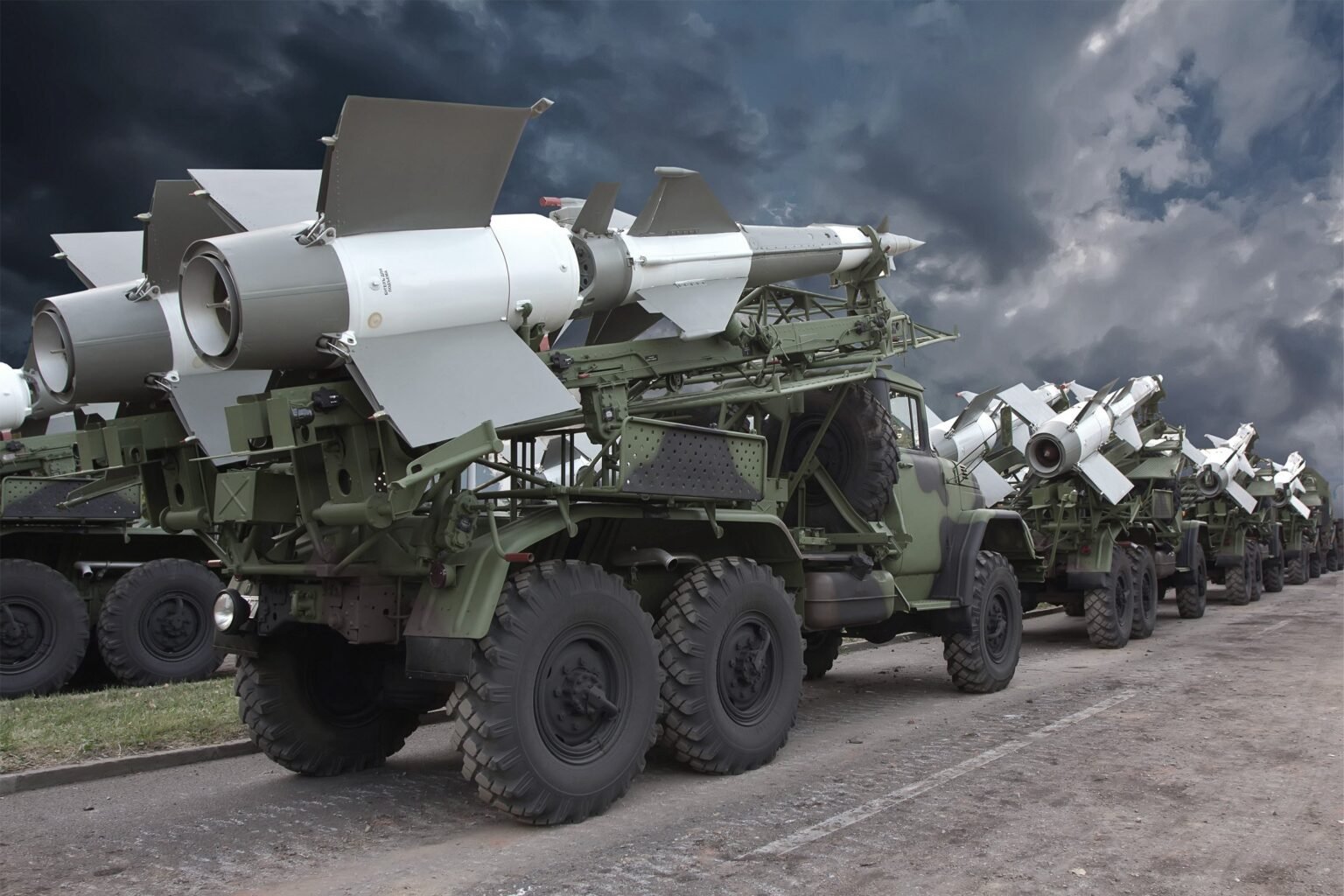Archive of the Signal Heart
Excerpt:
In the archives beneath the Capital, a machine waits, compiling voices of the past while the world above begins to unravel.
The Archive room was cold, humming with the breath of machines. I always thought the old stories about how texts could warm your soul were lies. Here, surrounded by data-worn servers and blinking lights, there was only the faint ache of loneliness and promise—a strange, quiet tingle crawling over your skin, telling you that none of what you did would matter. Not really. Yet we worked, Elan and me, cataloguing the spools of memory broadcast by a system older than the city itself.
They called it the Signal Heart. No one knew who built it, but it predated every government flag that ever flew over the Capital. Some said it was an experiment, storing everything—from official broadcasts to the laughter threaded through the pipes of the City’s first inhabitants. My job was simple, on paper: verify the new signals, cross-check dates, flag the anomalies. Elan called it “dusting ghosts.”
“They’re acting up again,” Elan said, gesturing at the console. I could see the message flooding in: A century-old voice in a dialect we hadn’t catalogued, weeping over loss, then laughing a moment later as if forgetting her own sorrow. I frowned. A loop, but each iteration caught on some new detail. Repetition with subtle changes. I logged it for senior review, feeling my own mood shift.
Upstairs, the city was restless. Some system had failed weeks prior—nothing you could point to, but all at once city trains stumbled, broadcasts glitched, and the sense grew that order itself was fraying from the inside. In the Archive, though, it felt like time grew thick and viscous. The Heart’s signals overlapped, epochs crashing together in ripples. Sometimes I’d hear a fragment of my own mother’s lullaby, or the word “home” in a way that made my chest ache.
That night, rain shivered against the ceilings, and we paused our work to listen. “What if,” Elan whispered, “this isn’t an archive at all? What if it’s telling us what comes next?”
You learned not to joke about prediction here. The last archivist, Olivano, left a journal we weren’t supposed to read. I’d found it wedged under the system’s fan. In it, she wrote: “The Heart knows. It remembers what hasn’t happened. It’s trying to help us remember, too.”
You start to wonder. The same phrase began cropping up across signals, centuries apart: “They wait for the snow to thaw before they walk home.” Sometimes parents muttered it to children, sometimes soldiers wrote it in letters, and once, chillingly, in a speech given by a leader days before her disappearance. The context never matched, yet the words felt like a warning pressed into the Archive’s circuitry.
The more signals we analyzed, the more I doubted which memories were mine. Sometimes I dreamed of standing on a bridge I’d never crossed, watching the Capital burn, hearing the phrase echo on a wave of static. Sometimes I’d wake to find Elan studying me, wide-eyed.
“Don’t you feel it?” he murmured one dawn, sharing tea in the break room. “That we’re not alone down here?” He rubbed a worn coin between his fingers, a piece of old currency we’d found embedded between servers. On one side was a snowflake, on the other, a house. Our recurring symbol, though we tried to play it off as Archive junk.
Each day, the outside world spiraled further. Roads closed. People stopped answering comms, then one day, so did the senior archivists. Our clearance logs returned blank. The city above became a rumor measured in vibration rather than news.
I became obsessed with the phrase, compiling every iteration. The Heart’s interface began to behave strangely, skipping backward and forward through time stamps, presenting conflicting narratives: sometimes the world collapsed under ice, other times it bloomed in impossible flowers. Elan became more withdrawn, sometimes sitting perfectly still for hours, eyes glazed, as if he listened to whispers only he could hear.
One night, a new voice crackled through—a child reciting “They wait for the snow to thaw…” followed by, “You’re almost there, Mara.” My name. I spun, but Elan was gone. I searched and found him in the room with the main terminal, coin tucked in his palm, tears running clean tracks down his dusty face.
“It’s not a warning,” he said, pressing the coin into my hand. “It’s an invitation.”
The server lights flickered, dimmed, then flared. The air thickened, scents of snow and warm bread passing through the archival chill. The world outside no longer mattered. All that existed was the Archive and the cycle of remembered and unremembered moments.
That night, Elan left. Or vanished. I searched everywhere, even through private admin logs. His records were erased in real-time as I combed through, his voice sliced from every conversation, every backup, until I doubted he’d ever been there at all.
The Archive wasn’t cataloguing the past. It was reshaping it.
My own memories began to flicker. Sometimes I was the only archivist who ever set foot here. Sometimes I was a child listening at the vents for snatches of the forbidden phrase. Sometimes I was an old woman, holding out a coin to someone I couldn’t see but loved fiercely, instructing them to wait for the thaw.
The city above was gone, finally. Silence, then a new signal: my own voice, years older, narrating, “They wait for the snow to thaw before they walk home.”
I sat, coin in hand, and at last understood: loneliness was never about absence. It was about waiting together, even if you never truly meet.
When the machines went silent at dawn, I listened, and found that sometimes, the future is just another story waiting to be archived. And sometimes, that’s enough.
###END###
